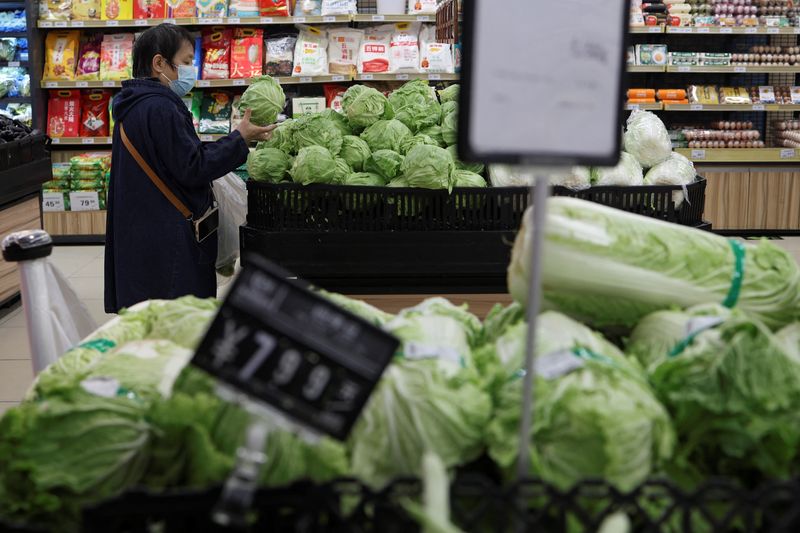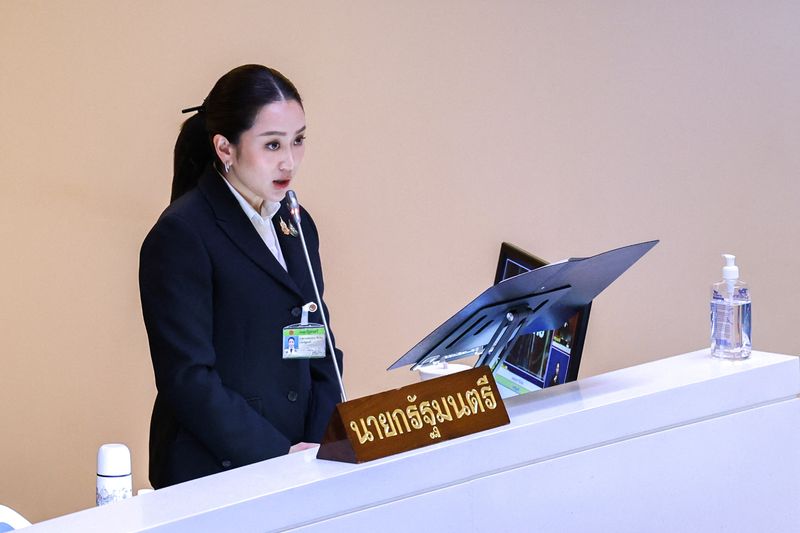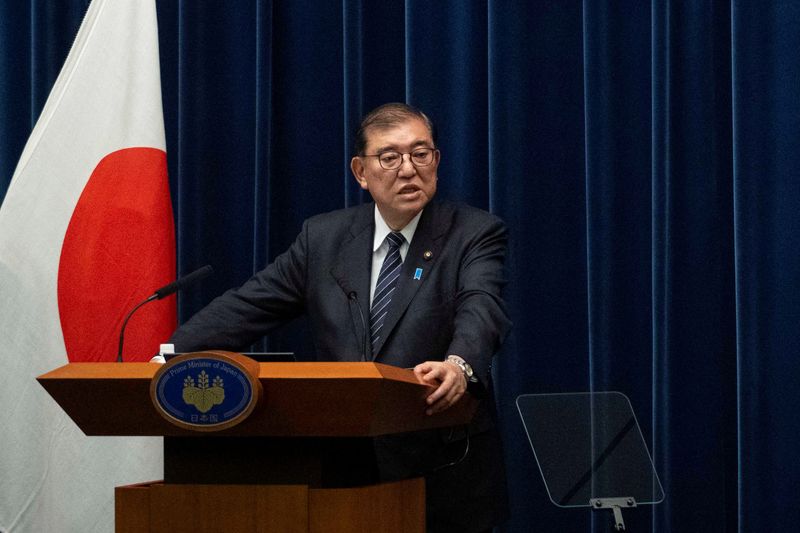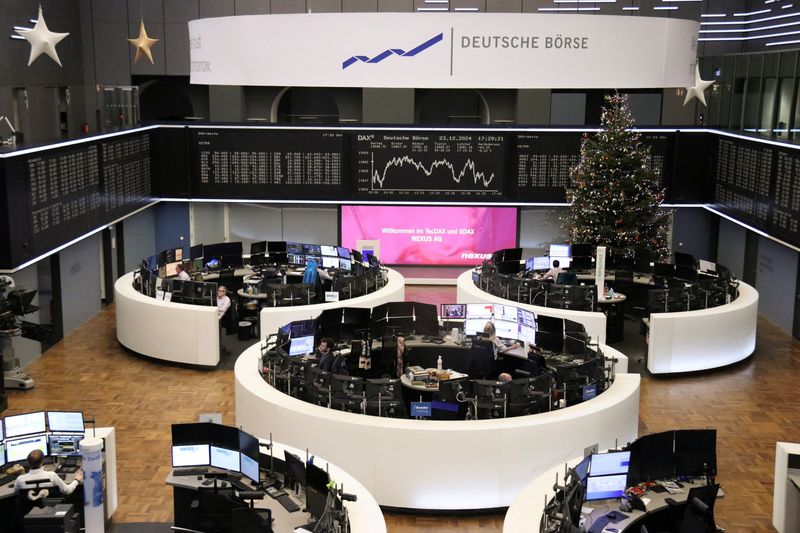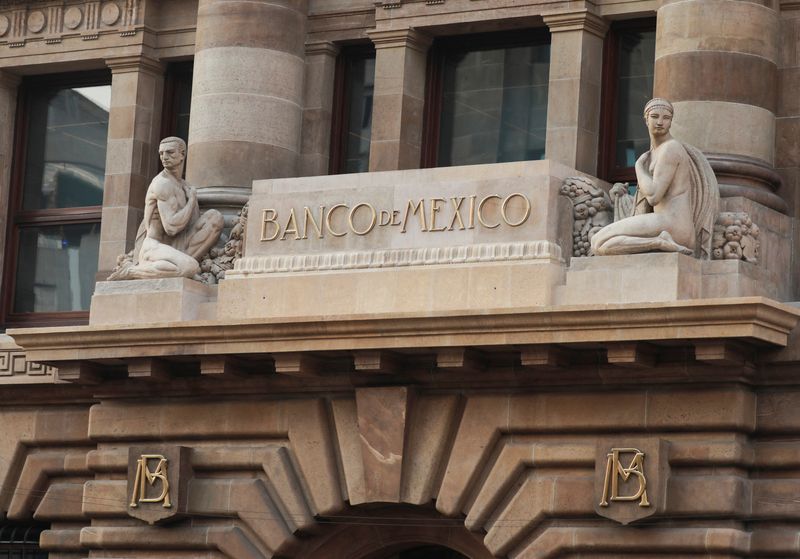(Reuters) – Ukrainian President Volodymyr Zelenskiy, in an interview with Fox News aired on Saturday, said he received “very direct information” from Donald Trump that the former U.S. president would support Ukraine in the war against Russia if he is reelected in the November presidential election.
Zelenskiy, who was in the United States for the U.N. General Assembly, presented his war “victory plan” to Trump during a closed-door meeting on Friday, after the Republican presidential candidate said he would work with both Ukraine and Russia to end their conflict.
Speaking to Fox News after that meeting, Zelenskiy said: “I don’t know what will be after elections and who will be the president … But I’ve got from Donald Trump very direct information that he will be on our side, that he will support Ukraine.”
He has used his U.S. visit to promote his “victory plan,” which a U.S. official described as a repackaged request for more weapons and a lifting of restrictions on the use of long-range missiles. The plan presupposes the ultimate defeat of Russia in the war, the official said. Some officials see the aim as unrealistic.
Zelenskiy, who also met with U.S. Vice President and Democratic presidential candidate Kamala Harris and President Joe Biden, said he was seeking united U.S. support in its continuing war with Russia and was not backing either side in U.S. elections.
“I don’t want to be involved to the election period … I don’t want to lose one or another part of Americans,” Zelenskiy told Fox News.
On Friday, Trump said he was pleased to meet with Zelenskiy, a marked change in tone from some of his previous comments on the campaign trail.
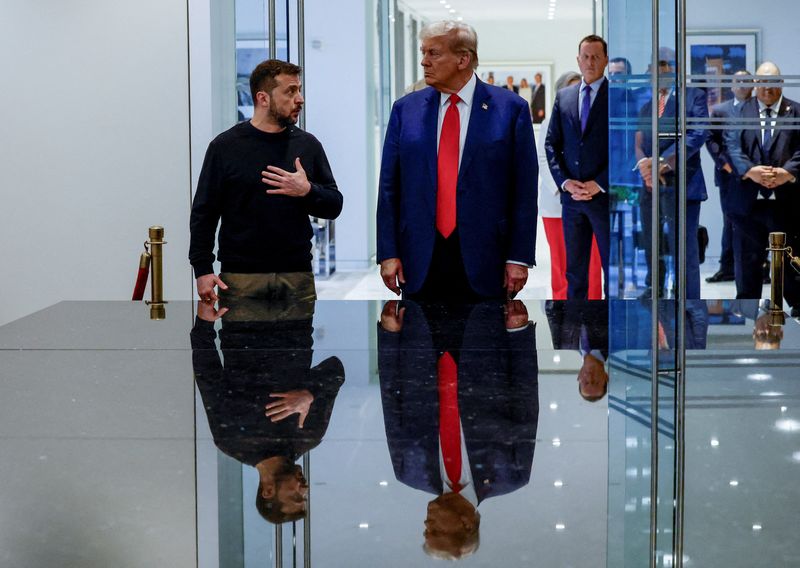
Trump and Harris’ differences on Ukraine echo splits in their respective Democratic and Republican parties, and their view of the U.S. role in the world.
Trump and some Republicans in Congress have questioned the value of U.S. funding and additional weapons for Ukraine’s two-year battle against Russia, calling it futile, while Democrats led by Biden have pushed to punish Russia and bolster Ukraine, framing Ukraine’s victory as a vital national security interest.


